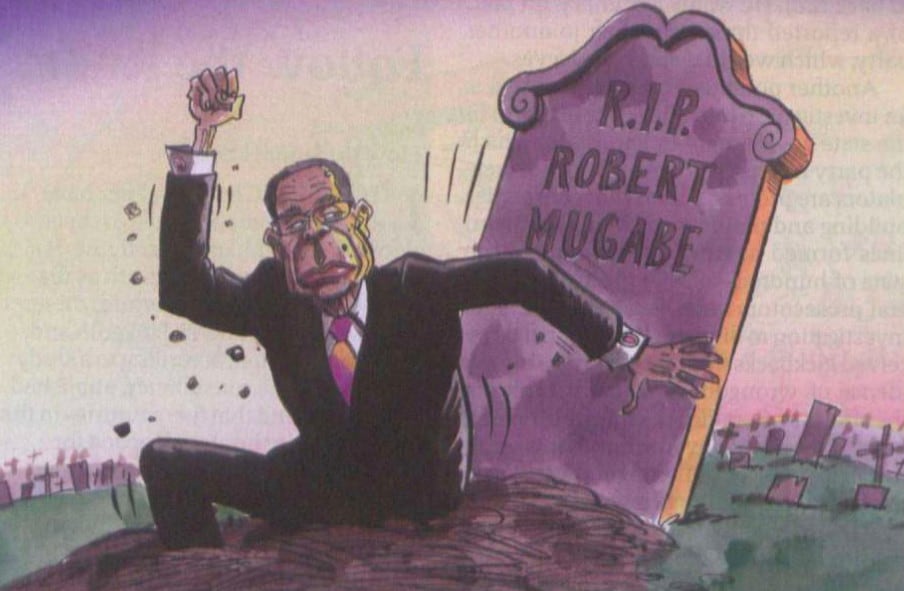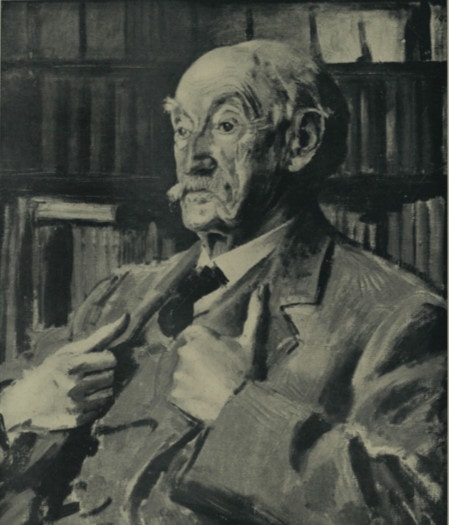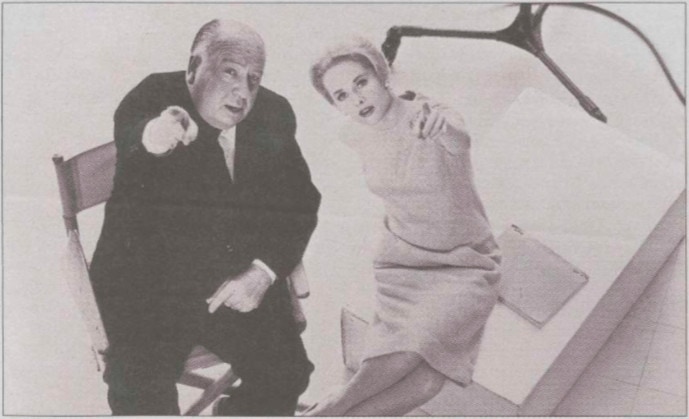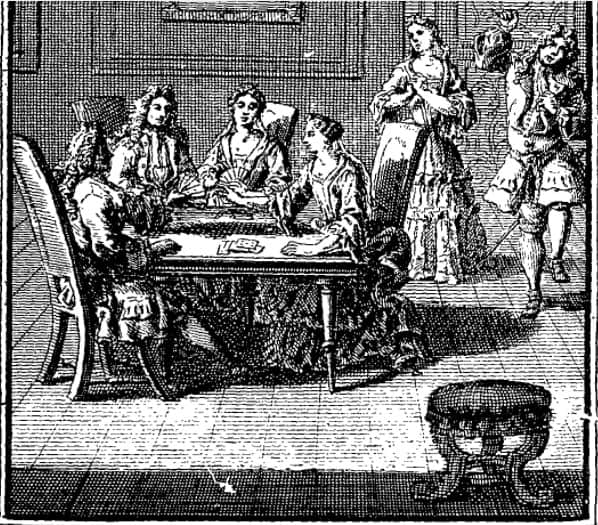│By Lyndsey England, Gale Ambassador at Durham University│
On the 18th of November 2017, the people of Zimbabwe took to the streets of Harare. Men, women and children walked alongside armed military vehicles, shaking hands with soldiers and standing in solidarity with strangers. In a mass demonstration, members of the public marched united through the capital, calling for the resignation of President Robert Gabriel Mugabe. The march was treated as a ground-breaking moment in Zimbabwean history; an unprecedented declaration of the public’s antipathy towards Mr. Mugabe, the war hero who had ruled since the country’s independence in 1980.





